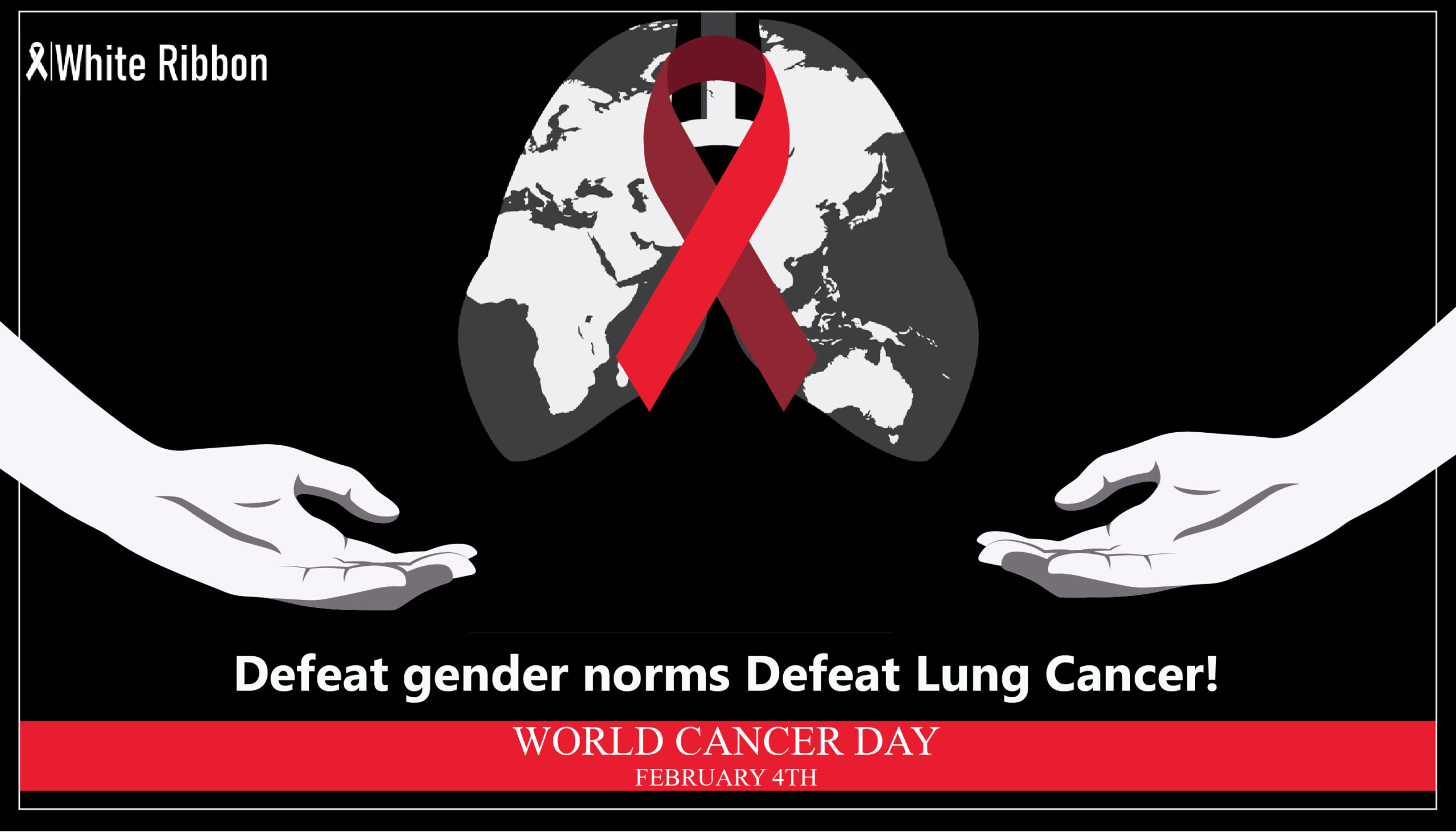Men have higher rates of lung cancer. Much of the responsibility for this can be dedicated to unhealthy gender roles that have traditionally encouraged men to smoke at higher rates. Smoking is a leading cause of lung cancer, and men have been marketed tobacco products more aggressively and have been socially conditioned to view smoking as a sign of masculinity. Additionally, men have been observed to be less likely than women to seek preventive health care and more likely to delay seeking medical attention when symptoms appear, which can also contribute to higher rates of lung cancer and other health problems.
Additionally, occupational exposure to cancer-causing agents, such as asbestos and other chemicals, is often higher among men who work in certain industries. These factors, combined with a greater overall rate of exposure to environmental toxins, can increase a man’s risk of developing lung cancer. However, it is important to note that there are also many other factors that can contribute to lung cancer, including genetics and other lifestyle factors.
While the risk posed by occupational exposure and genetics is almost uncontrollable, the proportion at risk due to societal standards can definitely be averted. Although a number of socioeconomic and psychological factors play role in increasing the rate of lung cancer among men, unhealthy gender stereotypes stand at the top of the list. Encouraged either directly by peers or indirectly through social norms, men may be more likely to smoke tobacco and engage in other unhealthy habits such as excessive alcohol consumption, due in part to cultural expectations and norms that promote risky behavior.
Destroying unhealthy gender norms is therefore directly related to preventing lung cancer. Further, promoting a healthy lifestyle and encouragement to seek medical and psychological help can lead to a more inclusive and supportive society, which can have positive impacts on mental and physical health including reducing stress and improving overall well-being, as well as on people stuck in smoking habits. This will further help reduce the risk of cancer as chronic stress and poor mental health have also been linked to an increased risk of chronic diseases, including some types of cancer. So this World Cancer Day, White Ribbon takes an oath to challenge such toxic gender norms and save people from the toxic gender expectations and stereotypes that are causing irreversible damage to our society.

